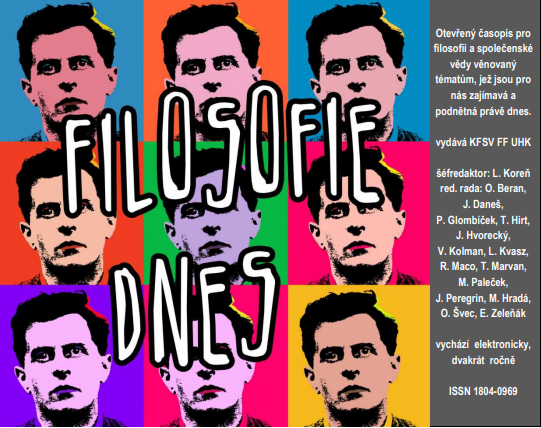Conventionalism and Theory of Meaning
DOI:
https://doi.org/10.26806/fd.v8i1.194Keywords:
conventionalism, Poincaré, instrumentalism, constructivismAbstract
What is conventionalism in philosophy of science? Basically, it is a thesis about empirical underdetermination. According to Conventionalists, there is “a slack” between our theories and experience that is to be “lined” with conventions. As the experience does not “impose” any theory, scientists are always free to choose a theory on “softer” non-evidential grounds when facing empirical underdetermination. “Conventionalism is a philosophy of freedom,” as Édouard Le Roy put it. Yet the thing to remember is that there is no such a thing as the conventionalism. Reasons for empirical underdetermination that Conventionalists state are not always the same, hence it is more convenient to talk about varieties of conventionalism. The present paper is an attempt to sketch a line between two basic variants of conventionalism which are instrumentalism and constructivism.
Co je konvencionalismus? V nejobecnější rovině se jedná o tvrzení o empirické poddeterminovanosti. Podle konvencionalistů existuje "mezera" mezi zkušeností a teoriemi, která může být překonána pouze pomocí konvencí. Vědci si podle konvencionalistů mohou vybrat teorie na základě měkkých kritérií, protože teorie nikdy nejsou předepisovány zkušeností. Konvencionalimus je, jak jednou poznamenal stoupenec jeho radikální varianty, Édouard Le Roy, "filozofii svobody." Konvencionalismus by však neměl být považován za homogenní proud. Konvencionalisté se v podstatných ohledech různí v názorech na příčiny empirické poddeterminovanosti, což je i důvodem, proč je příhodnější hovořit o variantách konvencionalismu. Předložený článek je pokusem vymezit dvě základní varianty konvencionalismu: instrumentalismus a konstruktivismus.
Downloads
Published
Issue
Section
License
Authors who publish in this journal agree that:
1. Authors retain copyright and guarantee the journal the right of first publishing. All published articles are licensed under the Creative Commons Attribution license, which allows others to share this work under condition that its author and first publishing in this journal was acknowledged.
2. Authors may enter into other agreements for non-exclusive dissemination of work in the version in which it was published in the journal (for example, publishing it in a book), but they have to acknowledge its first publication in this journal.
3. Authors are allowed and encouraged to make their work available online (for example, on their websites) as such a practice may lead to productive exchanges of views as well as earlier and higher citations of published work (See The effect of open access).


